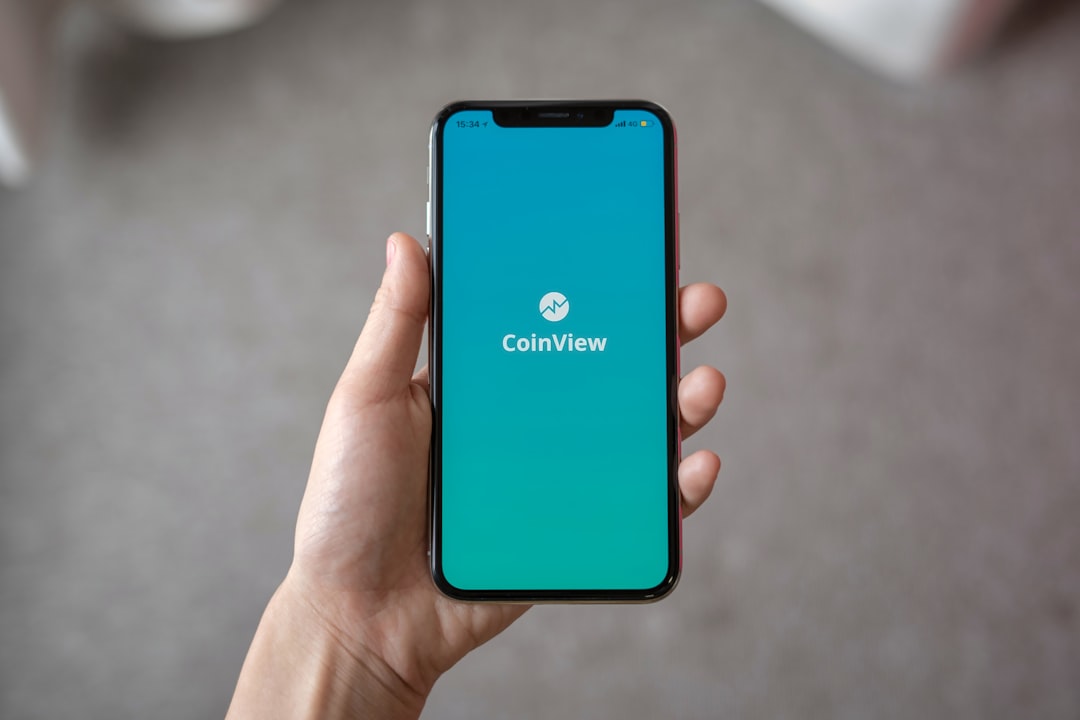Robocalls and spam calls are a significant issue in Nebraska, prompting residents to seek legal protection. Nebraska's laws prohibit automated phone calls without consent, with specialized Spam Call law firms offering guidance. In the digital age, app-based solutions like Truth use machine learning to block spam calls. Top apps prioritize accuracy, customization, and privacy, while Spam Call law firms navigate legal frameworks like TCPA for effective strategies against unwanted calls, offering remedies for privacy violations and emotional distress.
Tired of incessant robocalls? Nebraska residents now have powerful tools to reclaim their phone lines. This article guides you through the complex world of spam calls, highlighting Nebraska’s specific legal framework. We explore app-based solutions proven effective in blocking unwanted callers. Discover top-rated applications offering robust protection and learn essential features to ensure a reliable spam call blocker. Moreover, understand how legal professionals can assist with these pervasive issues, empowering you with knowledge under the state’s Spam Call law firm Nebraska regulations.
Understanding Robocalls and Spam Call Laws in Nebraska

Robocalls and spam calls have become a prevalent nuisance, leading many Nebraskans to seek solutions for protecting their privacy and peace of mind. Nebraska has specific laws in place to combat this issue, offering some recourse against unwanted automated phone calls. The Spam Call Law firm Nebraska plays a crucial role in empowering residents by providing legal guidance and assistance in dealing with robocalls.
Under Nebraska law, businesses are prohibited from making automated phone calls unless the caller has obtained prior express consent from the recipient. This means that if you have not given permission for your number to be contacted by automated means, such calls are illegal. The law firm specializes in helping individuals navigate these regulations, offering legal advice and support when dealing with persistent or malicious robocalls.
The Role of App-Based Solutions in Blocking Robocalls

In today’s digital era, app-based solutions play a pivotal role in combating unwanted robocalls, which have become a significant nuisance for many Nebraskans. With advancements in technology, malicious actors employ sophisticated methods to make automated phone calls, often violating the state’s Spam Call law. To counter this, various trusted apps have emerged as powerful tools, offering individuals an easy and effective way to block these unwanted intrusions.
These apps utilize advanced algorithms and machine learning capabilities to identify and filter out robocalls, ensuring that users’ peace of mind is maintained. By leveraging data from multiple sources, they can adapt to new patterns and techniques used by scammers. As a result, residents of Nebraska can take control of their phone lines and protect themselves from potential fraud or harassment, all while adhering to the state’s stringent Spam Call regulations.
Top-Rated Apps for Robocall Protection in Nebraska

In today’s digital era, robocalls have become a prevalent and often frustrating nuisance for folks in Nebraska, prompting many to seek effective solutions. Fortunately, several top-rated apps offer robust protection against spam calls, empowering users to reclaim their phone lines. These applications leverage advanced technologies to identify and block unwanted caller IDs, ensuring a quieter, more peaceful communication experience.
One highly recommended app is Truth (or similar reputable options), which utilizes machine learning algorithms to detect and filter out robocalls effectively. This game-changer not only blocks spam calls but also provides insights into call patterns, helping users stay informed about potential threats. Additionally, many Nebraska-based law firms specializing in Spam Call Protection offer guidance and support, aligning with the state’s stringent Spam Call laws to safeguard residents from intrusive marketing calls.
Features to Look For in a Reliable Spam Call Blocker

When choosing a spam call blocker app, look for key features that ensure effective protection against robocalls and other unwanted calls. First, consider apps with robust call screening capabilities, which use advanced algorithms to identify and block spam calls before they reach your phone. These algorithms analyze caller ID data, call patterns, and known spam lists to accurately filter out unwanted callers. Secondly, a reliable app should offer customizable blocking settings. This allows you to specify types of calls you want to block, such as telemarketers or specific numbers that frequently appear on your block list.
Additionally, the best spam call blocker apps often integrate with your phone’s contact list and provide options for reporting spam calls, which aids in building a more comprehensive spam database. Some apps also offer features like call recording and voicemail transcription, useful for documenting suspicious or fraudulent calls, especially when dealing with potential Spam Call law firm Nebraska cases. Ensure the app has strong privacy protections to safeguard your call data and maintain your anonymity while blocking these annoying interruptions.
How Legal Professionals Can Help with Robocall Issues

Robocalls have become a pervasive issue, especially with the advancement of technology, and Legal Professionals in Nebraska are equipped to offer much-needed assistance. If you’re facing an influx of unwanted spam calls, consulting a Spam Call law firm in Nebraska could be beneficial. These experts can help navigate the complex legal landscape surrounding robocalling regulations and provide strategies to mitigate these intrusive calls.
By understanding the applicable laws, such as the Telephone Consumer Protection Act (TCPA), legal professionals can guide individuals and businesses on how to block and manage robocalls effectively. They can offer advice on legal remedies, including suing telemarketers for violation of privacy rights, seeking compensation for emotional distress caused by excessive robocalls, and implementing measures to prevent future nuisance calls.






